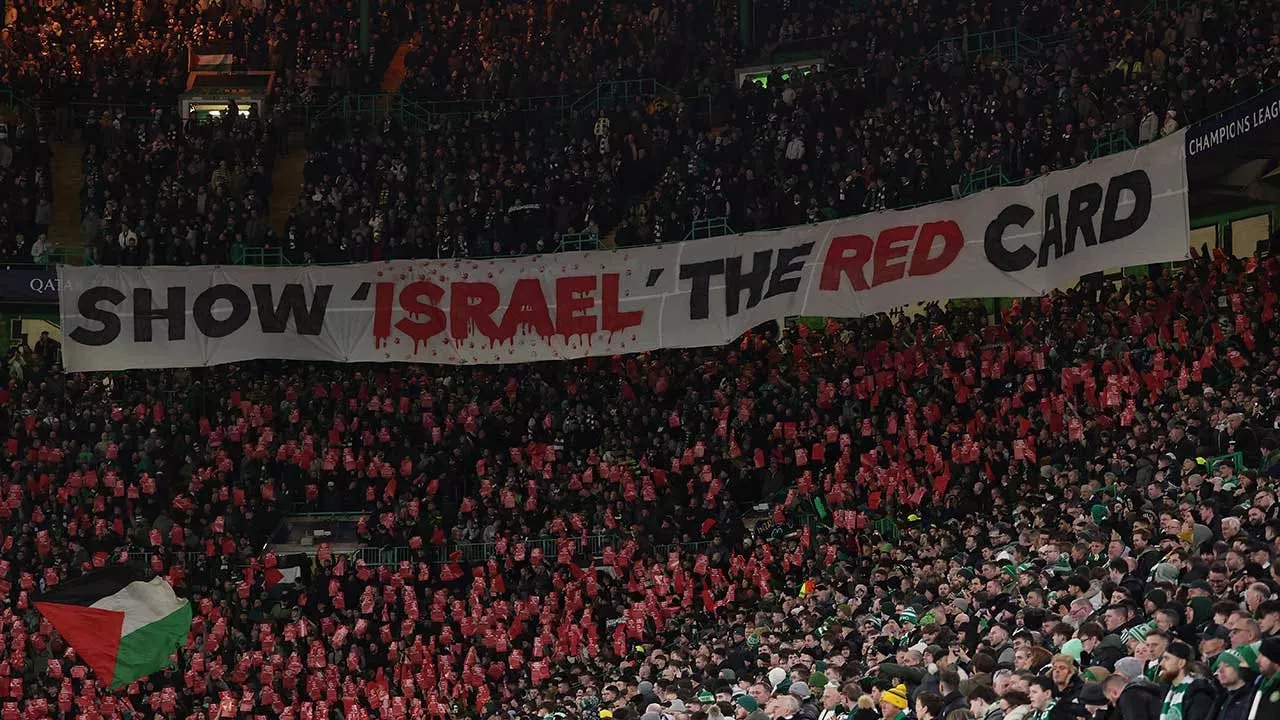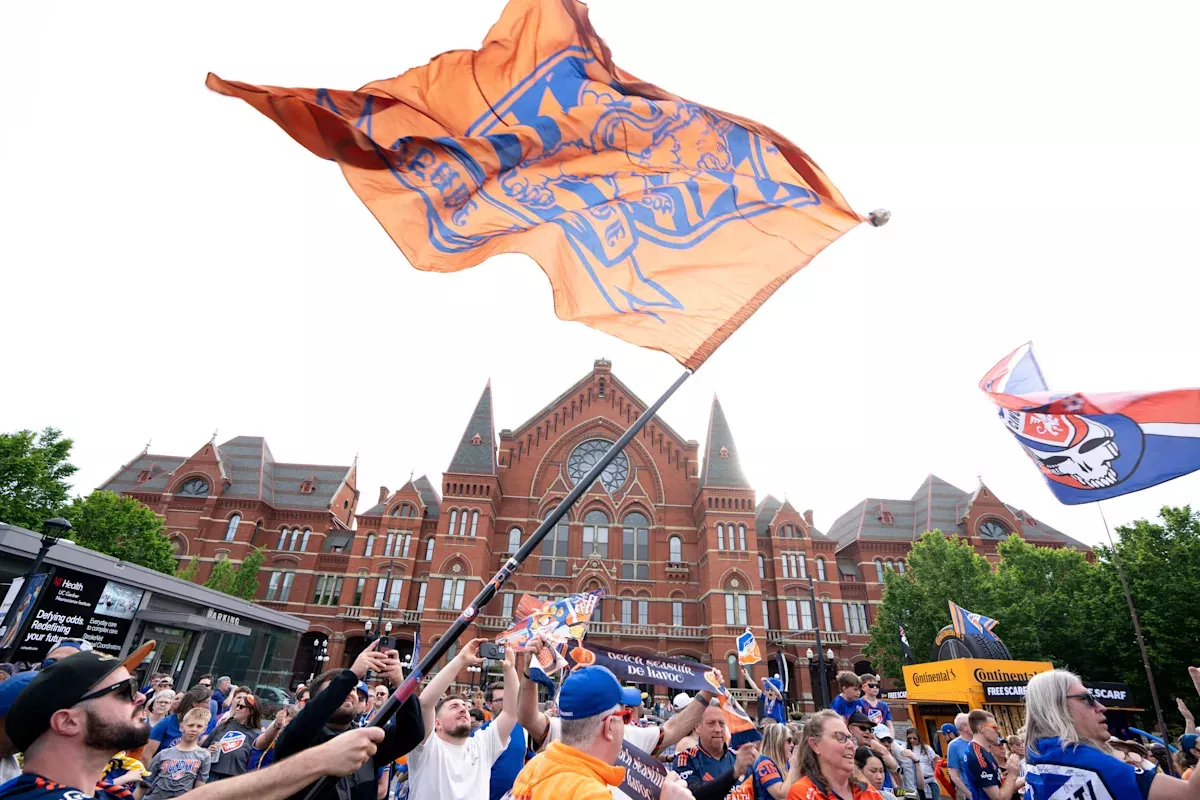In a significant development within the global soccer community, an influential antisemitism watchdog has appealed to both FIFA and the United States' World Cup task force to take decisive action against ongoing anti-Israel campaigns in the sport. The call comes amid rising concerns about the politicization of soccer, as well as increasing instances of antisemitism linked to the game.
Background and Current Context
As the 2026 FIFA World Cup approaches, with the United States, Canada, and Mexico as host nations, the spotlight on soccer continues to intensify. The task force, initially established by former President Donald Trump in 2018, has been charged with ensuring the event is both successful and inclusive. However, the watchdog group argues that more must be done to safeguard the integrity of the sport and to counteract efforts by certain factions that are leveraging soccer as a platform for anti-Israel sentiment.
Watchdog's Concerns
The watchdog group has expressed alarm over recent campaigns that aim to exclude Israeli teams and players from international competitions. These campaigns have reportedly gained traction in various parts of the world, potentially impacting the harmony and unifying spirit that soccer aims to promote.
"Soccer should be a bridge, not a barrier," stated the watchdog's spokesperson. "We urge FIFA and the U.S. task force to take a firm stance against these divisive actions that threaten the global nature of the sport."
FIFA's Role and Response
FIFA, the governing body of world soccer, has a longstanding policy against discrimination and political interference in the sport. However, enforcing these policies consistently across different regions and contexts remains a challenge. The watchdog's call to action emphasizes the need for FIFA to reinforce its commitment by implementing stronger measures to curb antisemitic and anti-Israel activities within the soccer community.
Next Steps
- Engage in dialogue: The watchdog has proposed a series of discussions with FIFA officials and representatives of the U.S. task force to collaboratively develop strategies that address these issues.
- Educational initiatives: There is a push for educational programs that promote inclusivity and respect among fans and players globally.
- Policy reinforcement: The group insists that existing FIFA policies should be applied more rigorously, with penalties for violations to deter future incidents.
As the world gears up for the 2026 World Cup, the call from the antisemitism watchdog highlights the ongoing challenges soccer faces in maintaining its role as a unifying global sport. Whether FIFA and the U.S. task force will act on these concerns remains to be seen, but the conversation has undoubtedly added a layer of complexity to the preparations for soccer's biggest tournament.
Read Full Article Here





